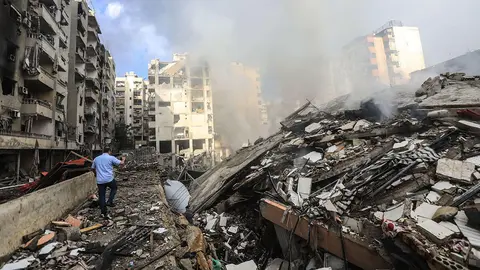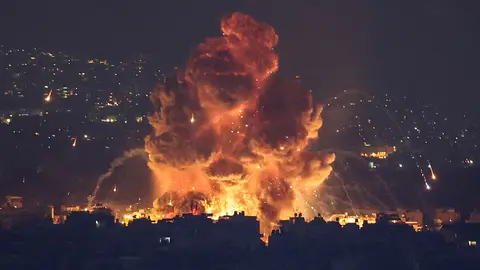Israel strikes Iranian arms network destined for Hezbollah in Syria
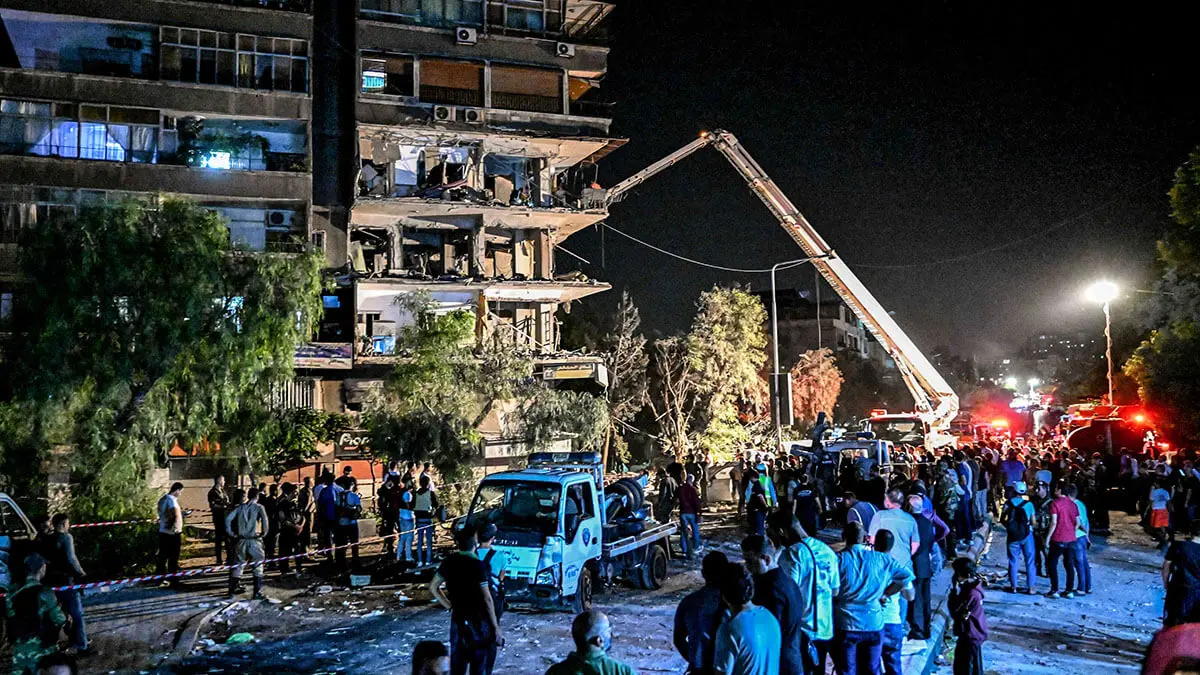
For years, Syria has been a key country in the supply of Iranian weapons to Hezbollah in Lebanon, becoming not only a link between the Islamic Republic of Iran and the Lebanese militia, but also a logistical hub for the so-called ‘Axis of Resistance’.
For this reason, Israel has carried out numerous strikes against precise targets in Syria, such as the port of Latakia or airports, points through which a large amount of Iranian weapons enter the country with the aim of reaching Hezbollah in Lebanon.
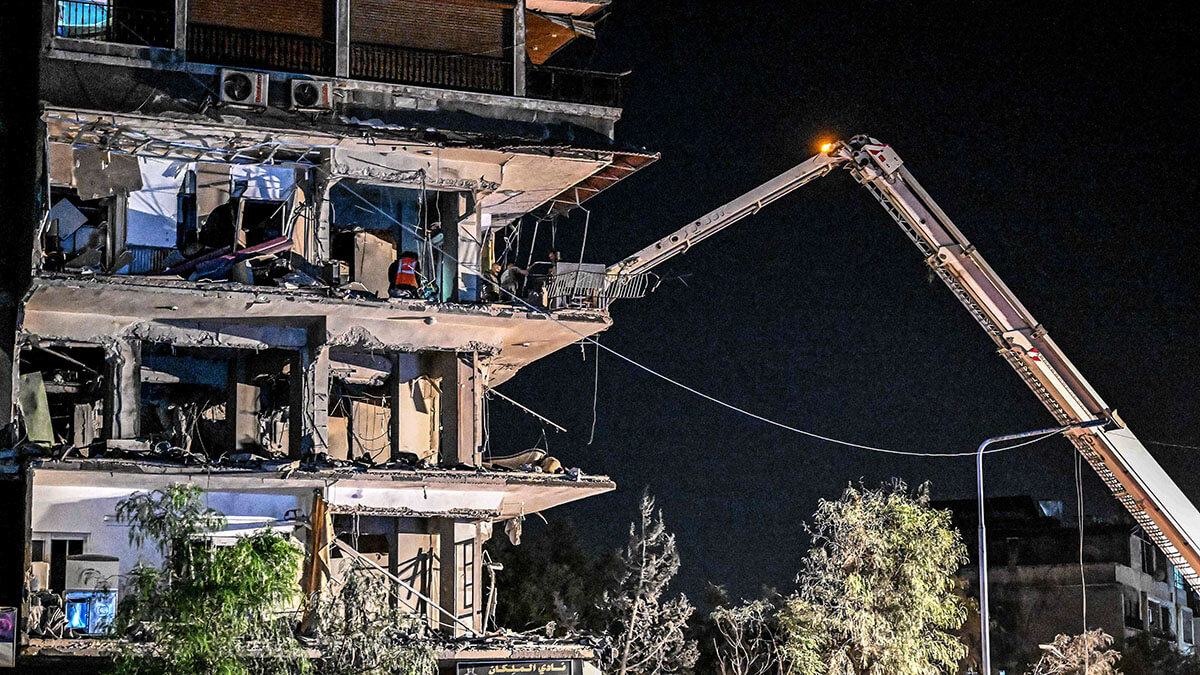
Although Israel rarely admits to operations on Syrian territory, last February Jerusalem revealed that it had attacked more than 50 targets belonging to Hezbollah and other Iranian-backed terrorist groups in Syria since 7 October.
In recent hours, Israel has again struck Tehran-linked targets in Syria, specifically a senior official of Hezbollah's Unit 4400, Haj Samer, who is responsible for transferring weapons to the terrorist group from Iran and its proxies, Ynet reports.
The attack, in the Mazzeh district of Damascus, left seven dead and 11 wounded and caused significant material damage, according to Syrian state media.
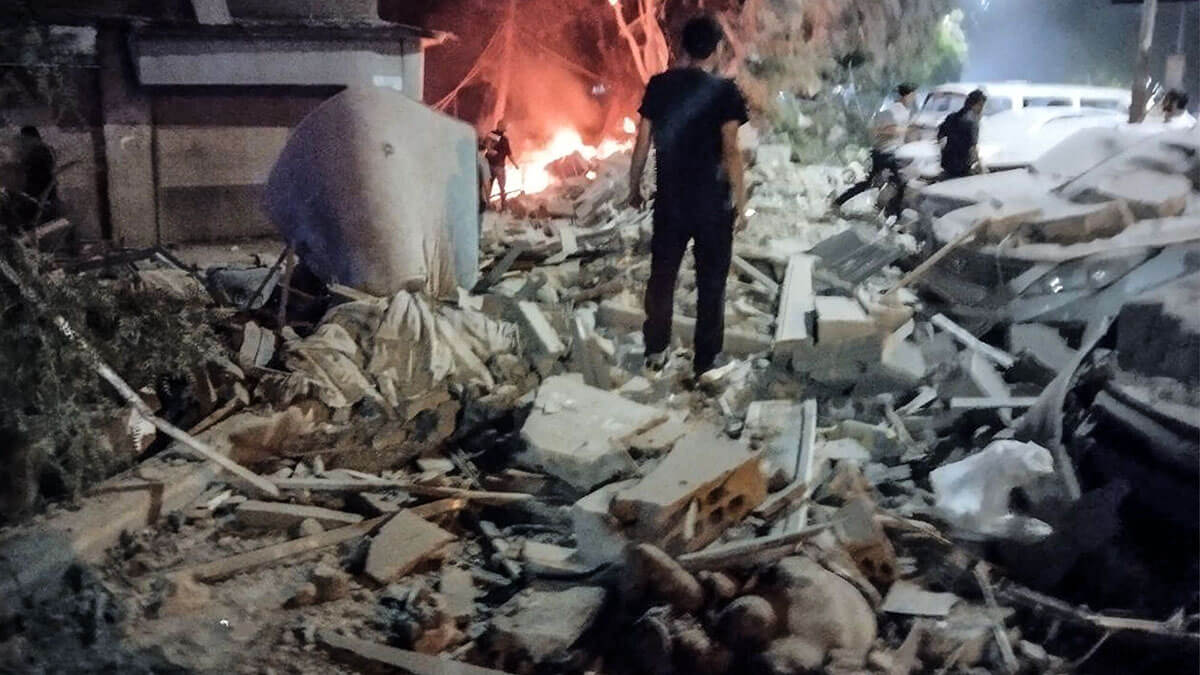
The targeted building, frequented by members of Iran's Islamic Revolutionary Guard Corps and Hezbollah, is in the same neighbourhood as the Iranian embassy, which has already announced that no Iranian nationals were killed in the attack.
On 1 April, Brigadier General Mohammad Zahedi, a senior commander of Iran's Islamic Revolutionary Guard Corps Quds Force responsible for Syria and Lebanon, was killed in an alleged Israeli attack on a building adjacent to the Iranian embassy in Damascus. The Iranian regime responded to his death by directly attacking Israel for the first time a few weeks later.
This attack comes amid Israel's operations against Hezbollah in Lebanon, a year after the Lebanese militia began attacking Israeli territory in support of Hamas in Gaza.
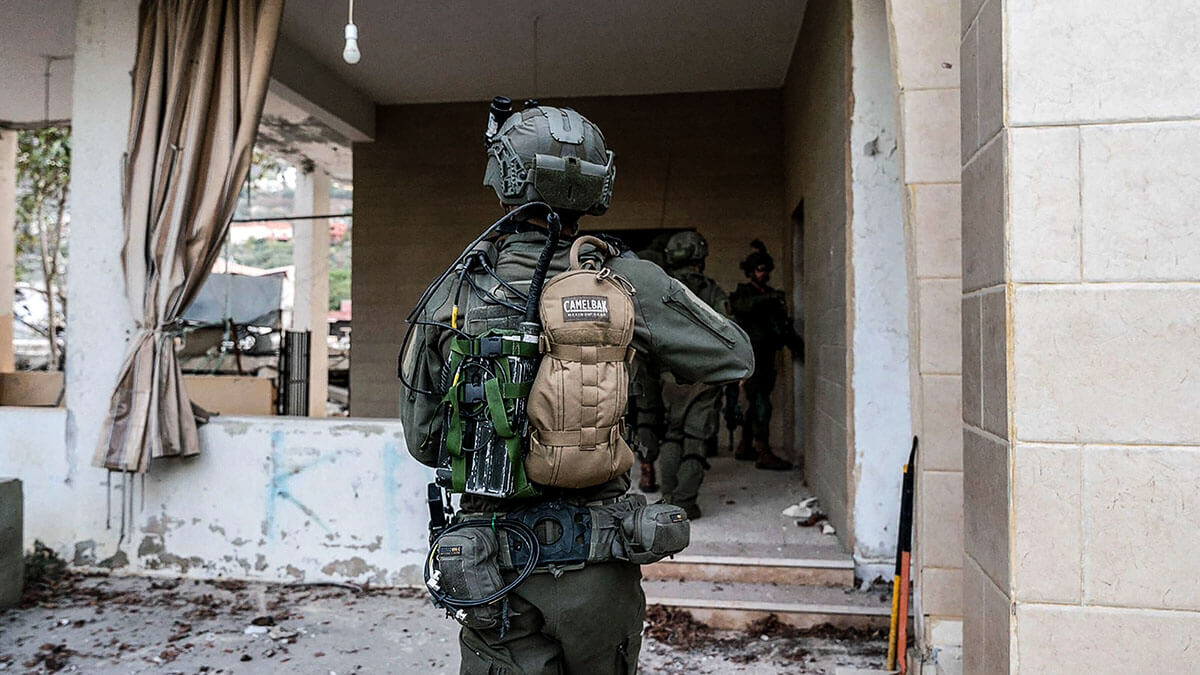
In recent weeks, Hezbollah has suffered major defeats, including the elimination of its leader, Hassan Nasrallah, as well as his deputy, Hashem Safieddine, head of Hezbollah's executive committee and Nasrallah's cousin.
In addition to air strikes against Hizbollah strongholds in Beirut and elsewhere in the country, Israel is also conducting a ‘limited’ ground operation in southern Lebanon aimed at destroying Hizbollah infrastructure in the border area, especially in villages adjacent to Israel, allowing the safe return of citizens from the north who have been forced to evacuate.
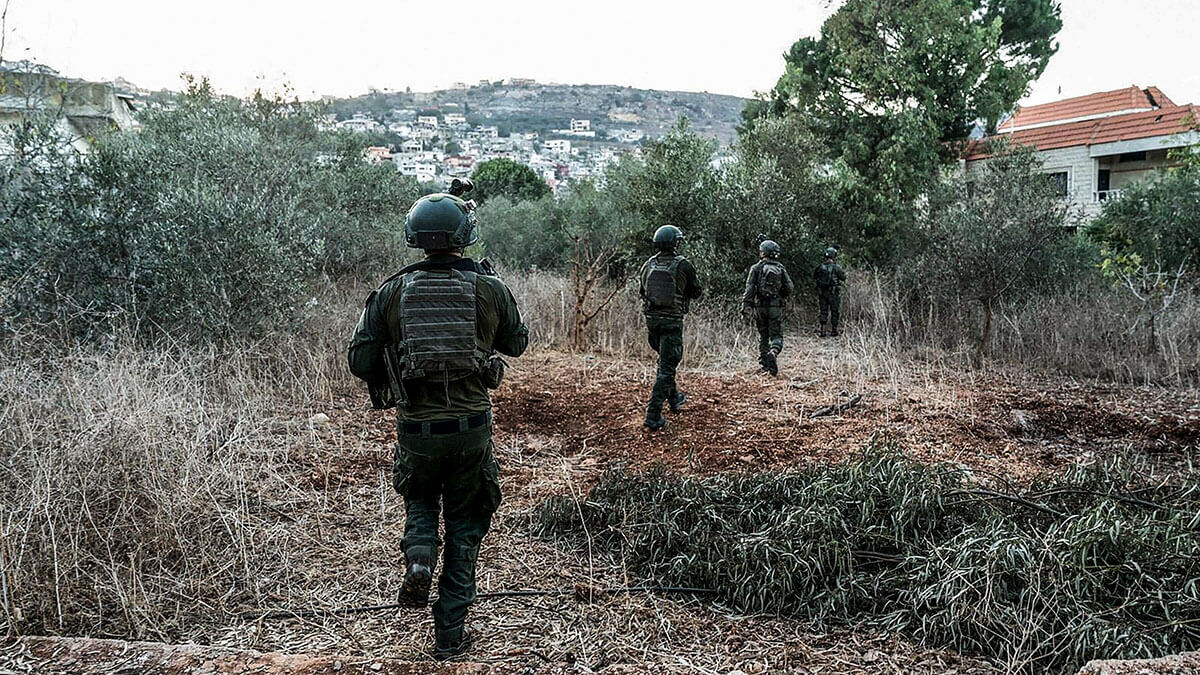
In this regard, in the last few hours, the Israel Defence Forces have dismantled a tunnel that extended several metres into Israeli territory from Lebanon. Inside the tunnel, estimated to have been started approximately two years ago, Israeli troops found weapons, including explosives and anti-tank missiles.
However, Hezbollah also maintains its weaponry in urban and residential areas, using citizens as human shields, as does Hamas in the Gaza Strip.
Netanyahu calls on Lebanese to rid the country of Hezbollah
‘Hezbollah has turned Lebanon into an arms depot and an Iranian forward military base,’ Israeli Prime Minister Benjamin Netanyahu declared in a recent speech to Lebanese citizens, urging them to ‘take back the country‘ by returning to the ‘path of peace and prosperity‘. ‘If they do not do so, Hezbollah will continue to try to fight Israel from densely populated areas,’ he said.
In the speech, similar to the one he dedicated to the Iranian people a week ago, Netanyahu accuses the Islamic Republic of Iran of hijacking Lebanon by funding and arming Hezbollah. ‘Lebanon was once known for its tolerance, for its beauty. Today it is a place of chaos, a place of war,’ he said at the beginning of his message.
This is a message to the people of Lebanon: pic.twitter.com/btMQR0Xwtn
— Benjamin Netanyahu - בנימין נתניהו (@netanyahu) October 8, 2024
In the speech he also notes that Israel has eliminated ‘thousands of terrorists, including Nasrallah himself, and Nasrallah's surrogate, and his surrogate's surrogate’. ‘Today, Hezbollah is weaker than it has been in many, many years,’ Netanyahu stresses, calling on the Lebanese - mentioning Christians, Druze, Muslims, Sunnis and Shiites - to seize this opportunity to ‘save Lebanon before it falls into the abyss of a long war that will lead to destruction and suffering as we see in Gaza‘.
‘Free your country from Hezbollah so that this war can end. Free your country from Hezbollah so that your country can prosper again, so that future generations of Lebanese and Israeli children will not know war and bloodshed, but can finally live together in peace,’ Netanyahu concluded.

